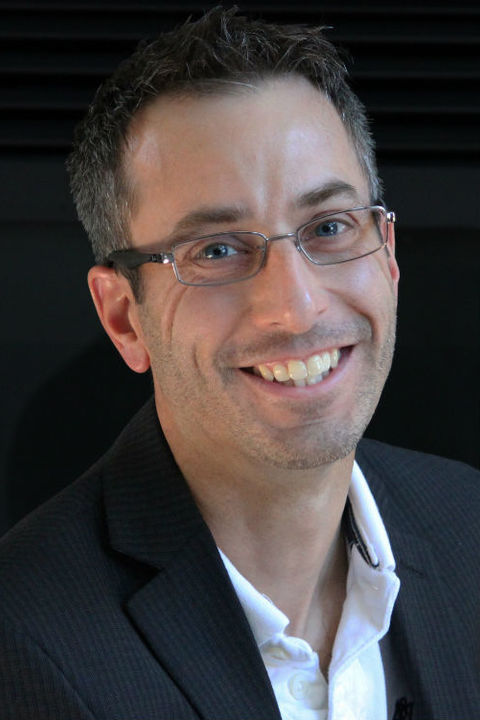According to drugabuse.gov, OhioŌĆÖs opioid epidemic is one of the worst in the country. One 5X╔ńŪ° professor and his team, with the support of a $2.6 million federal grant, are aiming to change that.

Deric Kenne, Ph.D., associate professor, and his team in the College of Public Health, received a five-year, $2.6 million federal grant from the Substance Abuse and Mental Health Services Administration (SAMHSA) for their proposal to expand and enhance services for opioid use disorder treatment in Summit County, Ohio.
The grant represents an important partnership with a well-established community agency in Summit County. A significant portion of the funding will go to CHC Addiction Services to enhance and expand medication-assisted treatment programming.
ŌĆ£Over the last couple years, CHC Addiction Services has struggled to keep up with demand for medication-assisted treatment,ŌĆØ he said.
Opioid use disorder has been a significant problem in Ohio, with Ohio ranking fourth for the most opioid-involved overdose deaths per 100,000 persons, according to 2018 data from the National Institute on Drug Abuse.
With this grant, CHC Addiction Services will be able to increase staffing to provide trauma-informed, evidence-based and coordinated treatment services for more individuals. This will also kickstart other important services, such as peer recovery support programs and outreach.
ŌĆ£We are very fortunate to have this funding from SAMHSA and such a strong and reputable community partner to expand services and programming in Summit County,ŌĆØ Kenne said.
As services are expanded, the Center for Public Policy and Health in the College of Public Health at Kent State will collect data to determine the impact and effectiveness of the expanded services. The project is expected to serve an additional 350 people over the life of the five year project.
ŌĆ£WeŌĆÖll share these findings and make sure this program works well and is sustainable,ŌĆØ Kenne said. ŌĆ£We'll also be looking for areas where we can tweak existing services or enhance them.ŌĆØ
When considering grant proposals like these, Kenne credits the support received from the Division of Research and Sponsored Programs, the College and his team in the Center for Public Policy and Health.
ŌĆ£In my experience, a lot of community agencies, even if they could use the funding, wouldn't pursue it because of the process of applying for federal funding,ŌĆØ he said. ŌĆ£ItŌĆÖs extremely competitive and it's a huge task to apply for federal funding.ŌĆØ
ŌĆ£I've been able to network over the last 20-some years and when I see a funding opportunity like this one, reach out to community agencies and ask if they are interested in partnering, ŌĆØ Kenne said. ŌĆ£If the agency is interested, we do the bulk of the grant writing. In our experience, we rely heavily on the agency to help draft the sections of the grant that relate to expanding and enhancing services.ŌĆØ
According to drugabuse.gov, Ohio and the surrounding areas are some of the most affected by opioids across the country. This program is just one small means to an end.
ŌĆ£It's more than just saying ŌĆśokay here's a prescription for medication that can help you recover from heroin.ŌĆÖ It's more than that,ŌĆØ Kenne said. ŌĆ£A lot of times there are multiple other underlying issues contributing to the drug use, including mental health issues. So just treating one aspect isn't necessarily going to help. You have to have additional services and support, and that's what this funding really is going to be able to help with.ŌĆØ
Learn more about .
Learn more about the College of Public Health and the Division of Research and Sponsored Programs.

